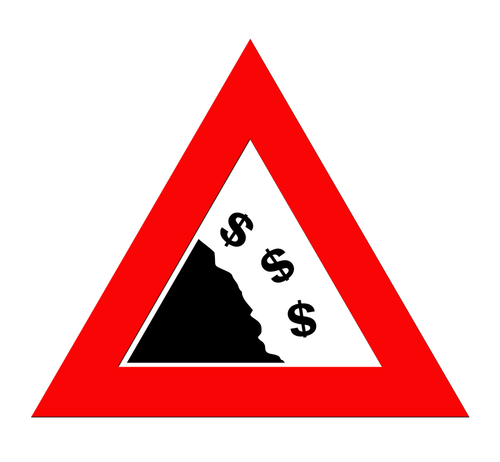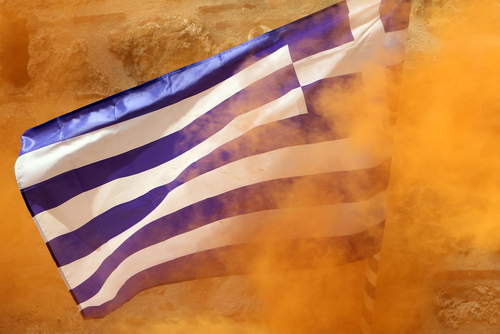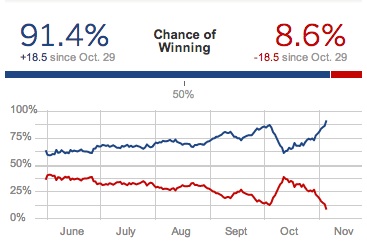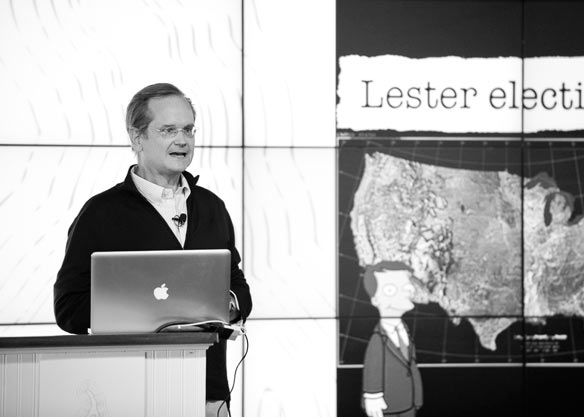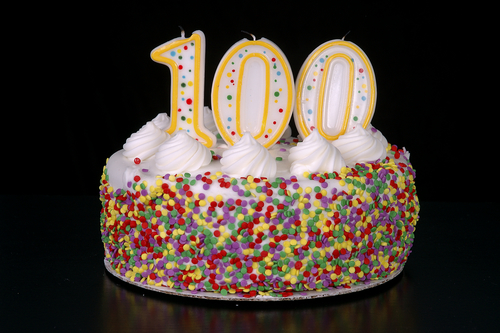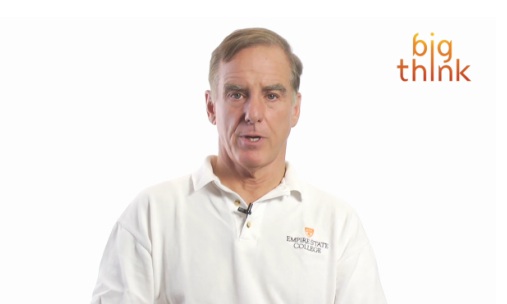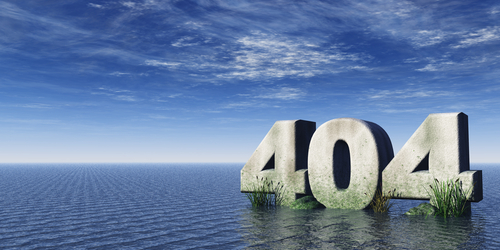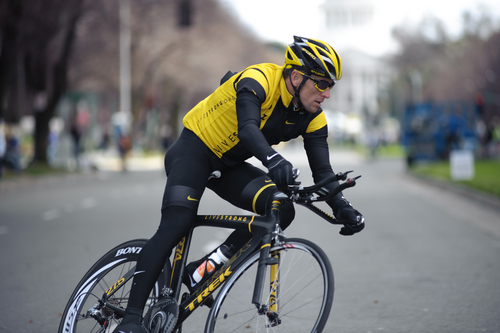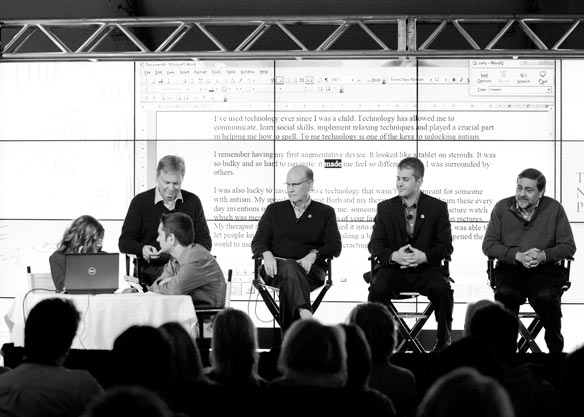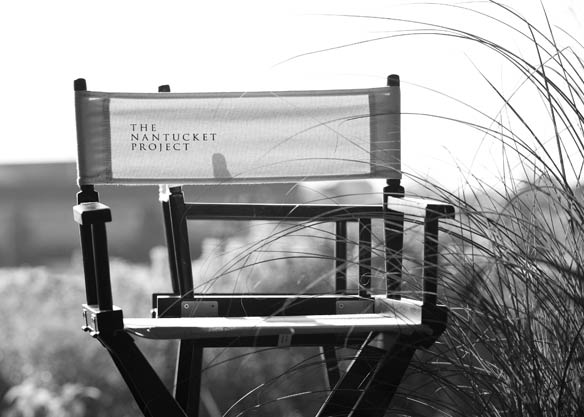Daniel Honan
Former Managing Editor, Big Think
From 2011-2014, Daniel Honan was the Managing Editor at Big Think. Prior to Big Think, Daniel was Vice President of Production for Plum TV, a niche cable network he helped launch in 2002. The production team he oversaw won over two dozen Emmy awards. Daniel has created numerous shows and documentaries for television, and his film credits include Stealing the Fire, a documentary on the black market for nuclear weapons technology.
Follow Daniel on Twitter @DanielHonan
Your task, Neil de Grasse Tyson says, is to find opportunities that allow you to express your unique talents in ways that society will value and reward.
Just as POWs developed a method to communicate by tapping a code through their cell walls, Dr. Dennis Charney says we all need a tap code to enable us to share feelings with people we can count on.
If all of the spending cuts and revenue increases that make up the fiscal cliff go into effect, it would represent an estimated $720 billion in total austerity measures for 2013. Who is ready to stomach that?
Will Germany follow the course of radical transparency or offshore inter-bank deposits?
This was indeed a choice election, if you consider the choice between consuming entertainment journalism or data-based journalism. Entertainment is fun, and math is hard. Math won.
Richard Tafel says that failed social movements are the ones that ignore the conservative mindset that is based on results, whereas the liberal mindset is based on rights.
New York City recently became radicalized out of necessity in the wake of Hurricane Sandy. Simply put, when systems broke down, New Yorkers improvised, and took matters into their own hands.
In an age of hyper-polarization, Norquist represents ideological rigidity at its core. So does this make him a hero or “the roadblock to realistically reforming our tax code”?
A higher percentage of Americans believed in the British crown in 1776 than the percentage of Americans who trust Congress today. Larry Lessig has an idea to change all of that.
If you are in the path of Sandy, by this point you have hopefully already completed your safety checklist that includes things like batteries and flashlights, food and water. So […]
According to Matt Ridley, as long as we trust each other we will be able to trade knowledge and expand knowledge at accelerating rates.
The psychologist Paul Ekman says you need to keep a diary of your emotions during an emotional episode. This will enable you to determine what is triggering certain emotional responses, and control them.
The noise of the long campaign may not only be annoying, but also bad for your health. Big Think experts suggest effective ways for dealing with the over-consumption of information.
Just as there were many countries — India, Germany, Brazil, Mexico, to name a few — not mentioned in the “foreign policy” presidential debate last week, perhaps the greatest challenge facing […]
Here is the Milky Way Galaxy as you have never seen it before. The European Southern Observatory (ESO) has just released a zoomable image representing the central concentration of stars […]
“Oy vey!” a Big Think blogger wrote to me yesterday. “Is BigThink.com down?” Oy yey, indeed it was. And we certainly weren’t alone. Amazon in recent years has moved beyond […]
As Yale’s Ainissa Ramirez explains in this new video, the harsh Russian winter, combined with the chemical properties of tin, may have led to “the greatest wardrobe malfunction in history.”
Lean thinking is not only good for a company’s bottom line. It can also be applied to the challenges of sustainability and conserving natural resources, which also makes good business sense.
The amygdala is a part of the brain that plays a key role in processing emotions. How does the amygdala function differently in a psychopath’s brain from that of a normal person?
Is a college education fundamentally an expensive insurance product that is purchased to avoid falling through the cracks in our society? If so, what can take its place?
You can put the smartest people in the world in the same room together and get a terrible result. Jack Hidary has a different idea of collective intelligence, which is derived from his work with the X Prize Foundation.
We have made enormous advances beyond the nasty, brutish and short 20 years or so of life that our Neolithic ancestors endured. So what will it take for all of us to live to 100?
Big Think was saddened by the news that one of our experts, former Pennsylvania Senator Arlen Specter, passed away on Sunday from complications of non-Hodgkins Lymphoma. Big Think had the opportunity to interview […]
It’s never a good strategy in life to simply wait for good things happen to you. That is particularly true in politics, or any other enterprise that requires building a complex organization.
Companies need to be social to be successful. This is a key insight in Maddie Grant’s book Humanize: How People-Centric Organizations Succeed in a Social World, which argues that the principles underlying social media’s growth can be applied to the way we lead and manage organizations.
How could Lance Armstrong, the most famous and most highly-scrutinized cyclist in the world repeatedly pass drug tests while actively doping over the course of a decade?
Brain imaging studies show that every time we learn a new task, we’re changing our brain by expanding our neural network.
The barrier for autistic people is not about intelligence but the ability to communicate. Technology has opened that door today and helped reframe our perception.
The most basic definition of collective intelligence is to get group of people to do something collectively that seems intelligent. A profound definition is the creation a global brain.
The interdisciplinary approach both to research and learning is starting to gain favor again because small and nimble research labs are proving that they have a method for speeding the pace and reducing the cost of discovery.


